
High-Sugar Diet Impairs Brain Clearance
A high-sugar diet causes insulin resistance in the brain, reducing neuronal debris removal. How badly can this increase neurodegeneration risk?

A high-sugar diet causes insulin resistance in the brain, reducing neuronal debris removal. How badly can this increase neurodegeneration risk?
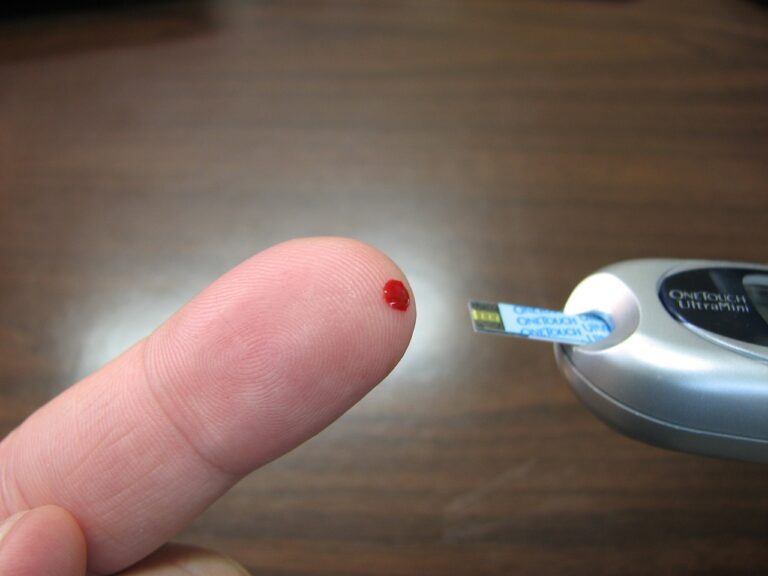
Mayo Clinic, America’s top research center, asked, “Is Alzheimer’s triggered by a form of brain diabetes?” An insulin nasal spray may help.

Drinking to fight dementia? Which drinks are good and which are bad?
Harvard & Cleveland Clinic researchers offer scientific advice.

Sugar, the brain, and Alzheimer’s – just how tight is their connection? Check out this update from Tulane University’s targeted study.
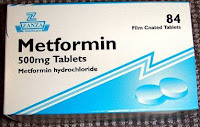
HELPFUL MEDICATIONS:
Diabetes can increase Alzheimer’s risk. Learn how drug treatments for diabetes bring that risk back down.

HEALTH ARTICLE, 25-POINT CHECKLIST: MEND is UCLA’s 25-step personalized program to reverse memory loss. Nine of 10 participants displayed significant memory improvements. Learn how. Includes
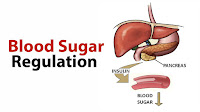
SUGAR’S TIPPING POINT: Molecular links between blood sugar and Alzheimer’s were established by scientists. They show how excess blood sugar damages a vital enzyme involved
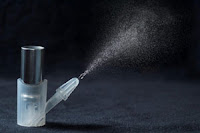
CLINICAL TRIALS: Find out why researchers think spraying nasal insulin through the nose can improve cognition, memory and daily function in people with Alzheimer’s. Learn

Diabetics get a lot more dementia than the average person. Yet diabetics taking FDA-approved Actos get a lot LESS dementia than the average person – 47% less. That’s about half the rate. Find out more.

VIDEO + INFO: In a study of 2000 people and 17 levels of blood sugar, the more sugar, the more dementia. Always. “The 21-Day Sugar

How can military service impact brain health? What are specific risk factors? Are there vital steps soldiers can take towards dementia prevention and treatment?

Salk Institute’s J147 is a derivative of turmeric, a spice used in curry. Learn how it fights memory deficits and has a host of unexpected anti-aging effects in the lab.
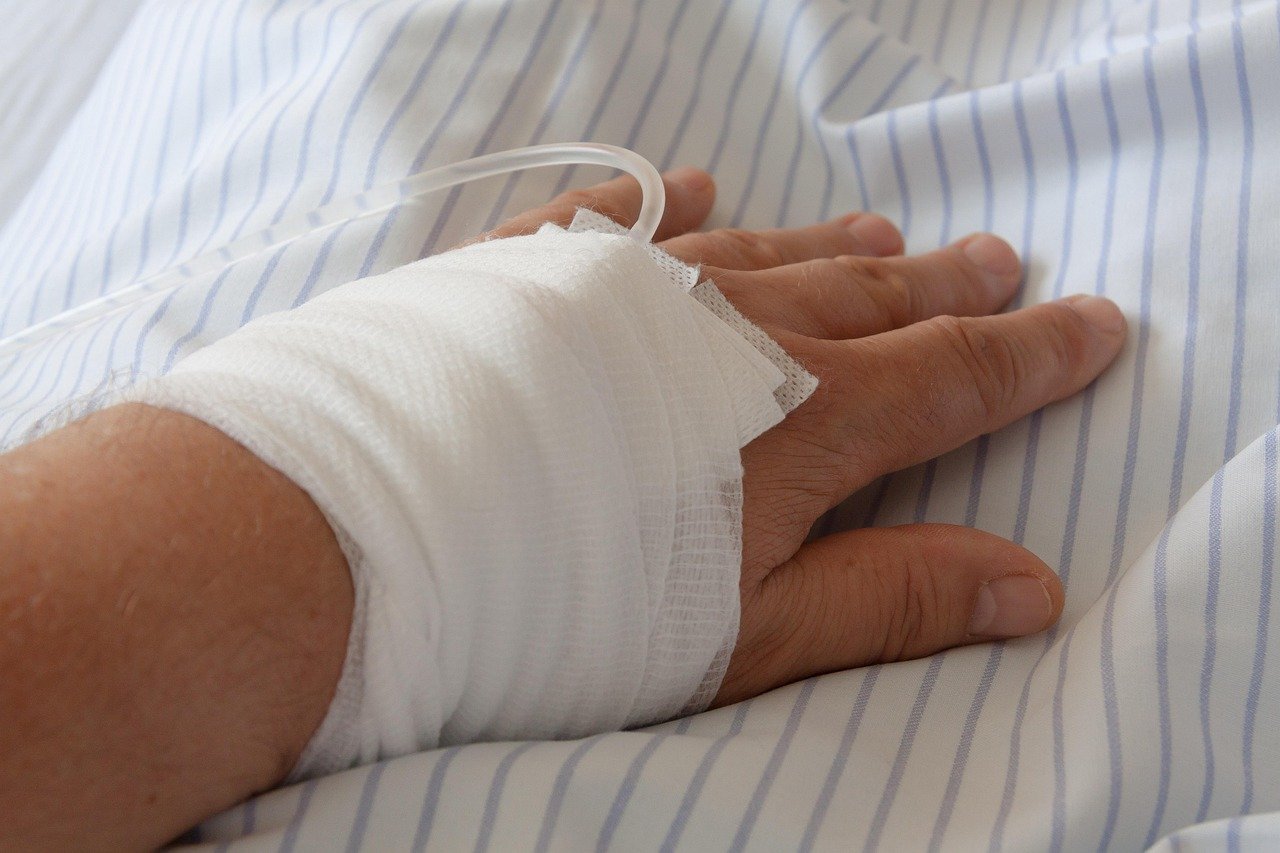
FDA approves a newly recommended dosing schedule for Kisunla (Donanemab). It’s significantly safer due to lowered ARIA-E rates, which has been the main problem with these drugs.

SHORT-TERM MEMORY lapses are obvious signs of Alzheimer’s, but other tell-tale signals begin to show much earlier. Learn how to look for semantic impairments, such as simple questions about size.

Three important dementia studies focus on HS-AGING, a type of dementia almost as common as Alzheimer’s in the 85+ group. Yet few people have heard of it. Why? What makes it different?

An intriguing study of 120 grandmothers might surprise you. Doctors know socially engaged people have better cognition and less dementia. But can a person get too much of a good thing? What’s the right balance?

Enjoy this great duet between a musician with dementia and his son. A triumph of spirit over Alzheimer’s! Sing-a-long if you like!
No spam, only news and updates.


